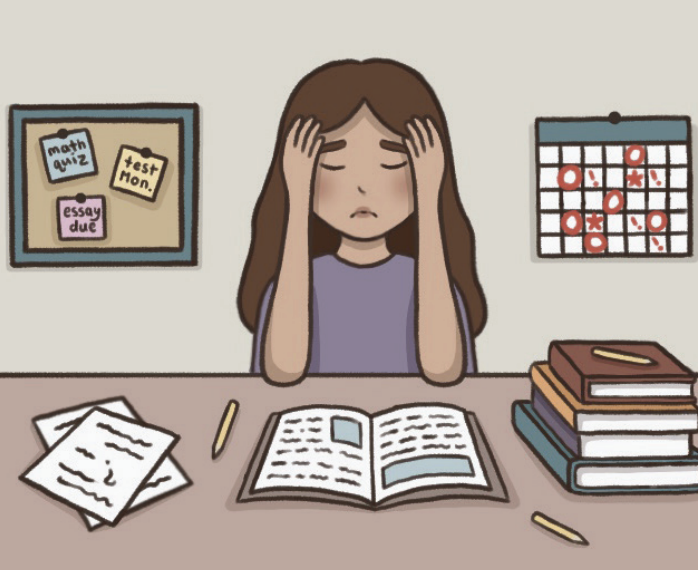By Chloe C. ’12
A couple of weeks ago, when the chaos in Egypt first erupted, a nugget of a headline stood out among the barrage of information as I was reading the news: “Is the Egyptian Museum Under Threat?”
Apparently it was, (and still is, regardless of the heavy security guarding it now).
Barely eight hours later, another story broke that looters had ripped the heads off of two mummies and damaged ten antiquities in the Egyptian Museum before being caught and detained.
Although these stories are minor in comparison to recent political developments, the effects will be huge in the art world, especially considering the recent controversies over the “stolen” art in museums such as the Getty and the British Museum. The looters raised an interesting question: what would happen if Egypt recovered all of its artifacts, only to have them damaged by its own people during a revolutionary uprising?
I believe that in situations like this, art must be kept in the safest possible place; should works of art that had recently been returned been destroyed, it would have been a whopper of a Pyrrhic victory for Egypt.
In my opinion, it’s just not worth losing these precious artifacts. When something is stolen, it should be returned to its rightful owner, but I think that one must think about saving the art for posterity. If a massive revolt occurred in London tomorrow, I would still argue for the art’s preservation over its rightful location.
We cannot predict the future, but the events in Egypt have rendered the argument over the safety and rightful location of such artifacts all too real. Let us use Egypt as a reminder of the importance of protecting art in politically unstable countries. Do not forget the Mesopotamian, Babylonian and Sumerian artifacts that were destroyed or looted from Iraq’s National Museum in 2003.
Perhaps in a perfect world, such art could be kept in a Switzerland-esque neutral country that would pledge to maintain and preserve artifacts from around the globe. However, this is unlikely to ever happen, and so all that can be done is what Egypt has done since the first instance of looting: install heavy security and anticipate more looters.
Like ancient Egypt, our legacy will be made up of what art and artifacts that we leave behind. Although the Internet has made it possible to record each and every development in our lives, we cannot underestimate the power of art and what it will convey about our society to the civilizations of the future. The pyramids that pierce the Egyptian skyline today are monuments to Egypt’s lost greatness; they serve as a constant reminder of where we are now and how fleeting power can be.




